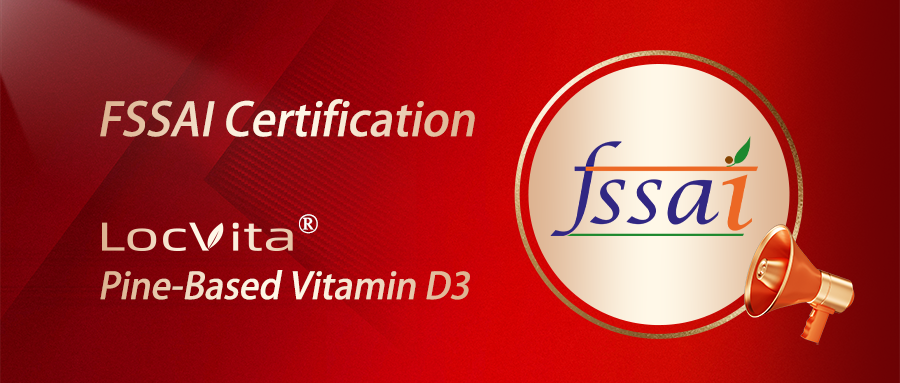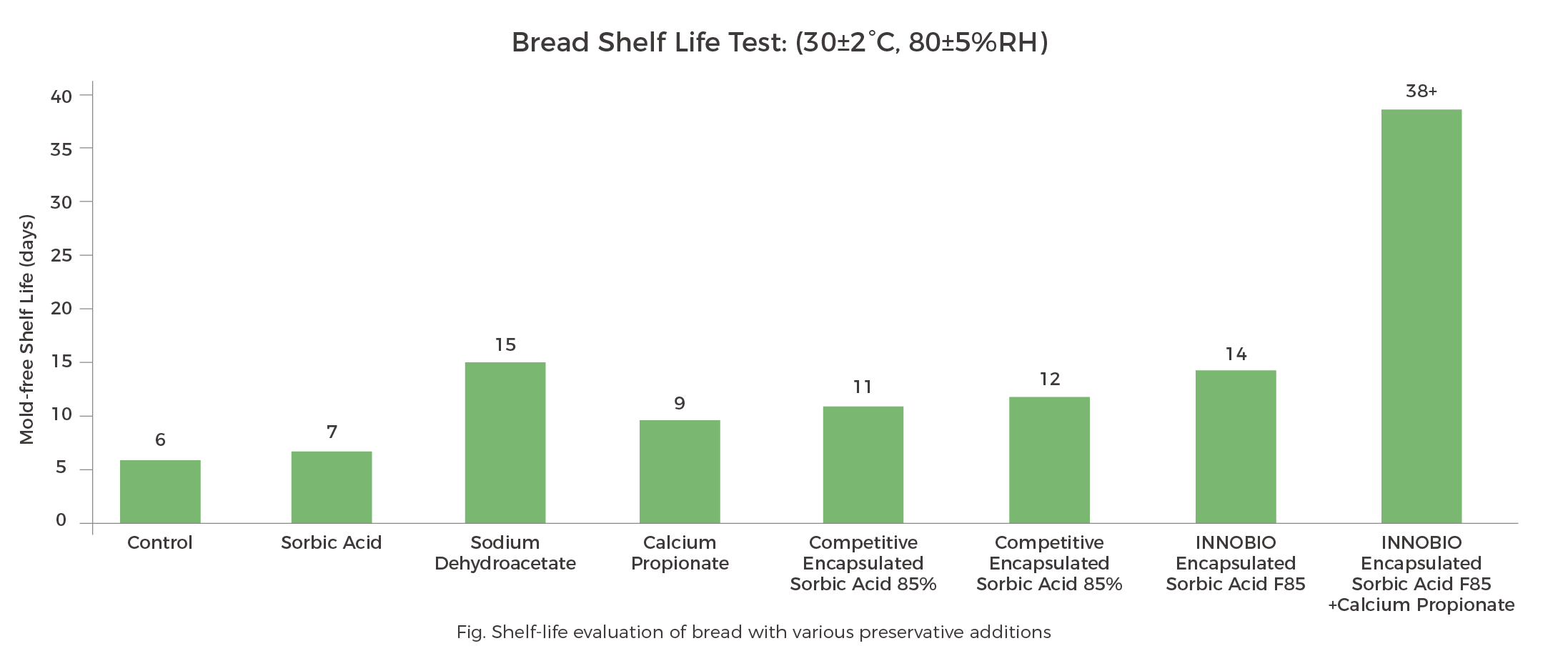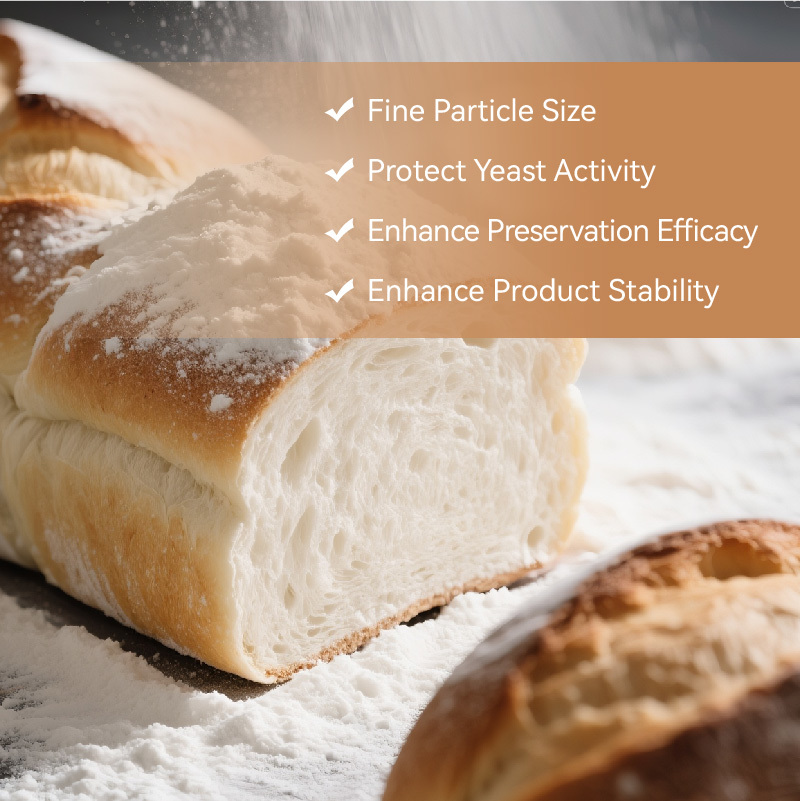-
 With over 20 years of experience in human nutrition. We help you deliver better nutrition in your foods, beverages, or supplements.
With over 20 years of experience in human nutrition. We help you deliver better nutrition in your foods, beverages, or supplements. Check out our animal nutrition ingredients, designed to boost the health and vitality of all your favorite livestock.
Check out our animal nutrition ingredients, designed to boost the health and vitality of all your favorite livestock. -
 We provide tailored health solutions across various fields with independent R&D technology.
We provide tailored health solutions across various fields with independent R&D technology. We offer professional teams to deliver customized solutions based on your product requirements.
We offer professional teams to deliver customized solutions based on your product requirements. -
 Address common doubts and curiosities, offering clear and informative solutions. We demystify common queries and provide valuable insights in every issue!
Address common doubts and curiosities, offering clear and informative solutions. We demystify common queries and provide valuable insights in every issue! You can access comprehensive information to stay informed and ahead in your field. Explore and download our extensive library today!
You can access comprehensive information to stay informed and ahead in your field. Explore and download our extensive library today! -
 Recently, INNOBIO's LocVita® Pine-Based Vitamin D3 has officially passed the certification of the FSSAI and is permitted to enter the Indian market as a vegetarian functional nutritional ingredient.
Recently, INNOBIO's LocVita® Pine-Based Vitamin D3 has officially passed the certification of the FSSAI and is permitted to enter the Indian market as a vegetarian functional nutritional ingredient. INNOBIO Europe B.V, the European branch of INNOBIO Co., Ltd. was launched in Rotterdam, Netherlands.
INNOBIO Europe B.V, the European branch of INNOBIO Co., Ltd. was launched in Rotterdam, Netherlands. -
 INNOBIO’s microencapsulation technology has evolved into its third generation (IMT 3.0) through iterative research of active ingredients, microencapsulating materials, equipment, and more.
INNOBIO’s microencapsulation technology has evolved into its third generation (IMT 3.0) through iterative research of active ingredients, microencapsulating materials, equipment, and more. With our patented biosynthesis technology platform, INNOBIO strives to provide an alternative to chemical synthesis to provide more natural and healthy ingredients to the nutrition industry.
With our patented biosynthesis technology platform, INNOBIO strives to provide an alternative to chemical synthesis to provide more natural and healthy ingredients to the nutrition industry.
Encapsulated Sorbic Acid
Disclaimer: These statements have not been evaluated by the Food and Drug Administration. This product is not intended to diagnose, treat, cure, or prevent any disease.
Form and Application
Product Dosage Form
Sorbic Acid Powder FC50; Sorbic Acid Powder F70; Sorbic Acid Powder F85
Scope of Application
Food preservatives, applicable scope refers to the regulations of various countries. EU: E200 (≤0.2% in bakery products), FDA: 21 CFR 182.3089
Core Selling Point
 Fine Particle Size
Fine Particle Size
 Protect Yeast Activity
Protect Yeast Activity
 Enhance Preservation Efficacy
Enhance Preservation Efficacy
 Enhance Product Stability
Enhance Product Stability
Detailed Introduction
● Protect Yeast Activity
Encapsulation separates sorbic acid from yeast, enabling its function with minimal inhibition. This reduces yeast usage and waste, lowering costs.

● Enhance Preservation Efficacy
The fine particle size increases surface area, broadening the preservation range and improving antimicrobial performance. This reduces return risks for baked goods. Prevent localized mold in bread by optimizing particle size during mixing to achieve uniform preservative distribution.
● Enhance Product Stability
Sorbic acid is released only during baking, ensuring antimicrobial efficacy without affecting shelf-life quality. The sensory and physical properties of bread are preserved.

Reference
INNOBIO's Encapsulated Sorbic Acid for food preservation
Download Docs
Detail
Update Date
Topic
Get product quotes for free, find the right solution with our experts.
Know more about our organization and teams, join us or meet at an exhibition.
Keep connecting with us. Say it and be sorted.
All Rights Reserved © 2024 INNOBIO Corporation Limited
Sorry,当前栏目暂无内容!
您可以查看其他栏目或返回 首页
Sorry,The current column has no content!
You can view other columns or return Home
Cookie
Our website uses cookies and similar technologies to personalize the advertising shown to you and to help you get the best experience on our website. For more information, see our Privacy & Cookie Policy
Cookie
Our website uses cookies and similar technologies to personalize the advertising shown to you and to help you get the best experience on our website. For more information, see our Privacy & Cookie Policy
These cookies are necessary for basic functions such as payment. Standard cookies cannot be turned off and do not store any of your information.
These cookies collect information, such as how many people are using our site or which pages are popular, to help us improve the customer experience. Turning these cookies off will mean we can't collect information to improve your experience.
These cookies enable the website to provide enhanced functionality and personalization. They may be set by us or by third-party providers whose services we have added to our pages. If you do not allow these cookies, some or all of these services may not function properly.
These cookies help us understand what you are interested in so that we can show you relevant advertising on other websites. Turning these cookies off will mean we are unable to show you any personalized advertising.



